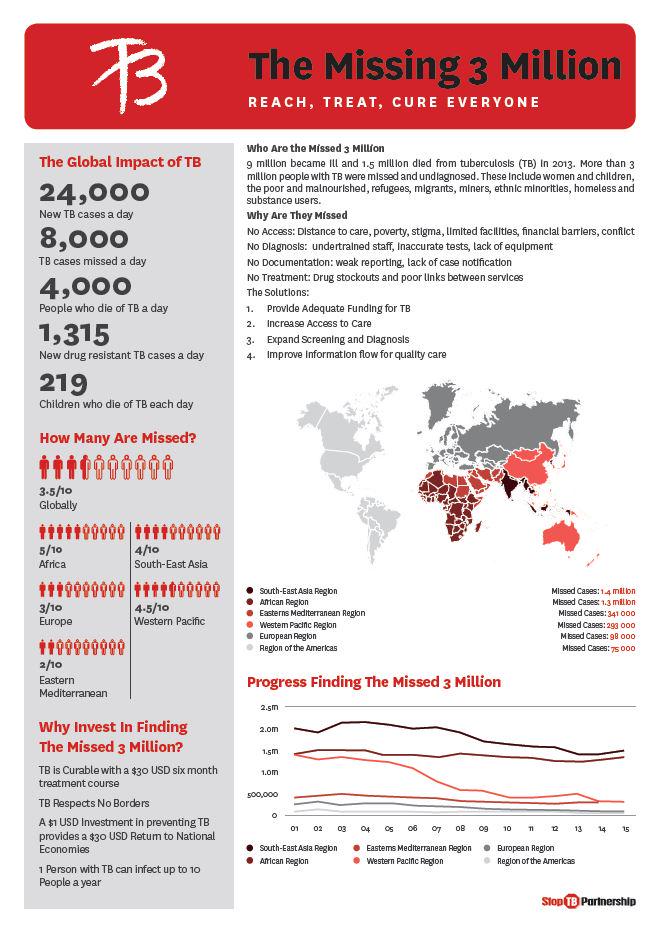Tags
#ReachTreatCureEveryone, Awareness Days, BC Ambassador Candidate, BC Ambassador Program, BCAP, BCAP 2015, BCAP2015, British Columbia Ambassador Program, END TB, End TB Strategy, Reach the 3 million, Stop TB, TB, Tuberculosis, UN Awareness Campaigns, UN Events, United Nation Events, United Nations, United nations awareness campaigns, WHO, WHO Awareness Campaigns, World Events, World Health Orginization, World TB Day, World Tuberculosis Day, WorldTBDay2015, WTBD, WTBD2015

World Tuberculosis Day
Today March 24th is known as World Tuberculosis Day – World Health Organization . World TB day (United Nations) is hosted by World Health Organization and has been an annual event since 1982. March 24th was chosen as World TB day (WTBD) because on March 24th back in 1882 a Doctor by the name of Robert Koch announced his discovery of Mycobacterium Tuberculosis which is the bacteria that causes Tuberculosis (aka TB.)
Today on World (Stop) TB Day serves as a day for the world to group together to raise awareness for Tuberculosis and mobilize Political and Social Commitment of continued progress towards fully eliminating TB. Though there has been a lot of progress with TB it remains one of the worlds top health challenges with dismal statistics. In 2013 there were 9 million new Tuberculosis cases & 1.5 million people have died.
For World Tuberculosis Day 2015 the theme is Reach. Treat. Cure Everyone. It is a call on all global citizens to continue the commitment to find, treat and cure all people with TB as well as the continual effort to eventually ending Tuberculosis all together by 2035. The 2015 World TB Day will signal the push for a renewed effort to alert Health Ministers to the global, regional and National TB emergency and emphasize the fact that current TB Situation is unacceptable.
The campaign this year (2015) also provides the platform needed to highlight the urgent need to fill the funding gap of $2 billion USD needed for TB interventions, research and development and highlight the need to eliminate barriers to recommended TB Drugs and diagnostics..
TB should be everyone’s concern and there fore everyone should take an active role in fighting against Tuberculosis.
How you can help-
Social media: Members of the public can join the World TB Day awareness-raising campaign hrough social media to bring attention to the Stop TB & World TB Day issues.
You can take part by using the Suggested hashtags #WTBD2015 #WorldTBDay2015 and #ReachTreatCureEveryone #Tuberculosis #TB and checking out the Stop TB Partnership Facebook Page or tweeting @StopTB on Twitter
As of of today 9 million people become sick with Tuberculosis annually and roughly 3 million of those people do not get the care they deserve since they are either undiagnosed, untreated and ultimately uncured. In 2015 WHO wants to improve the quality of existing programmes and access to care and services of those who are impacted by Tuberculosis.
There is a critical need to address weaknesses in Countries health systems and push the need for sustained and regular funding, political engagement and ultimately support. Countries need to take TB seriously and thus up their investments in Tuberculosis in a way that is cost efficient.TB should be everyone’s concern and there fore everyone should take an active role in fighting against Tuberculosis.

In May of 2014 the WHO passed and approved a New Post 2015 Global Tuberculosis strategy called the WHO End TB Strategy. The idea is to create a world free of tuberculosis and end TB forever by 2035. The major parts of the Strategy were as follows
- INTEGRATED, PATIENT-CENTRED CARE AND PREVENTION
- BOLD POLICIES AND SUPPORTIVE SYSTEMS
- INTENSIFIED RESEARCH AND INNOVATION
The principles are
- Government stewardship and accountability, with monitoring and evaluation
- Strong coalition with civil society organizations and communities
- Protection and promotion of human rights, ethics and equity
- Adaptation of the strategy and targets at country level, with global collaboration
Some of the goals of the strategy are to decrease the rates of Tuberculosis related deaths by certain percents and specific times. By 2020 they want to reduce TB related deaths by 35%, in 2025 they want to reduce the rate by 75%, in 2030 they want to see the rate of TB caused deaths as low as 90% and eventually work towards 95% to total eradication of Tuberculosis and TB Caused deaths to by 2035.
The End TB strategy calls on governments to adapt and implement the strategy with high-level commitment and financing . It reinforces a focus within the strategy on serving populations highly vulnerable to infection and poor health care access, such as migrants. The strategy and resolution highlight the need to engage partners within the health sector and beyond, such as in the fields of social protection, labour, immigration and justice. The resolution requests the WHO Secretariat to help Member States adapt and operationalize the strategy, noting the importance of tackling the problem of multidrug-resistant TB and promoting collaboration across international borders. WHO is also asked to monitor implementation and evaluate progress towards the milestones and the 2035 targets.







